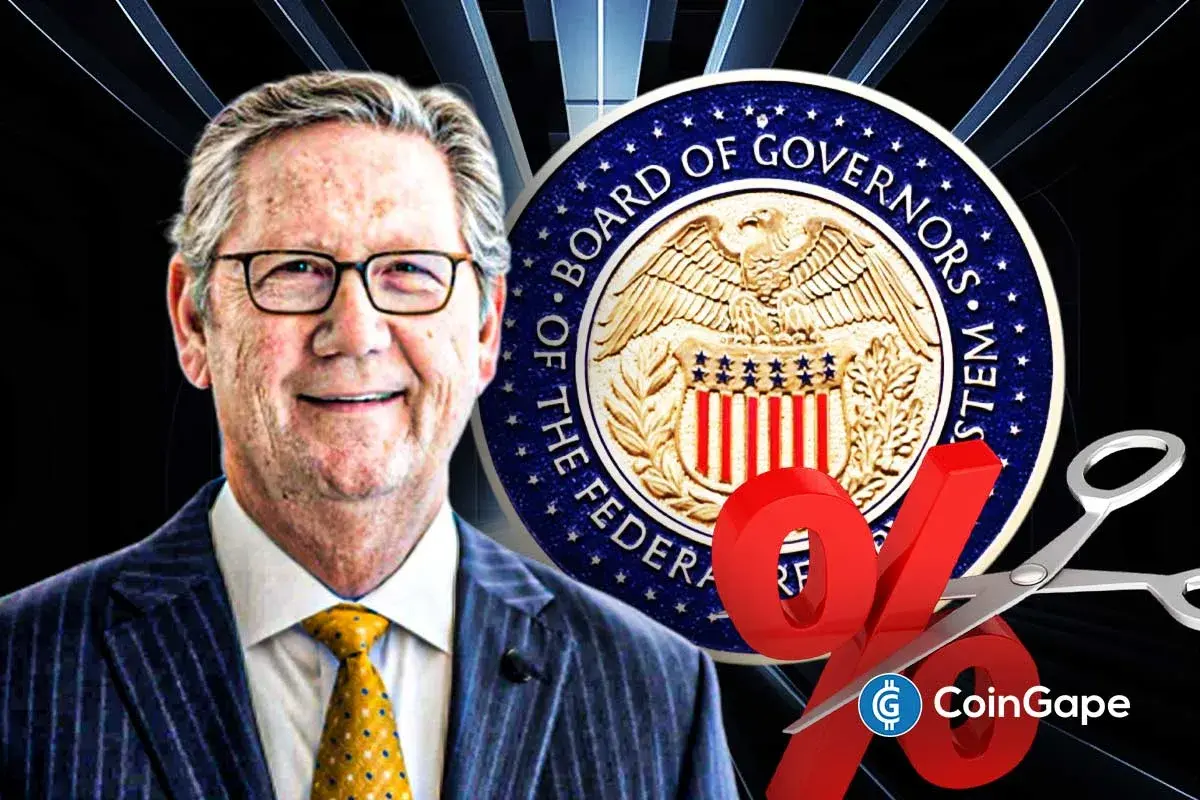U.S. national debt is climbing by nearly $6 billion every day
The U.S. Congress Joint Economic Committee data shows that the national debt is close to $38 trillion and increasing at a rate of roughly $6 billion daily. The total national debt now stands at about $37.8 trillion.
Recent spending measures, such as the One Big Beautiful Bill Act, have expanded the projected deficits by $4.1 trillion for the next decade. The bill aimed at saving up to $1.6 trillion but increased the borrowing rate, which added to the debt load.
U.S. national debt grows by $69,890 per second
The U.S. Bureau of Economic Analysis revealed that the American government borrows roughly $1 trillion every five months. The current total debt has also exceeded the size of the entire country’s economy. The debt-to-GDP ratio stands at 119.4%, placing the U.S. among the world’s most indebted developed countries and above the 2008 financial crisis levels. The Bureau projects the total amount will surpass $52 trillion by 2035 if the trend patterns hold.
The U.S. total debt is approximately $37.8 trillion currently, with a growth rate of $69,890 per second, which is nearly $4.2 million every minute. If the current trend holds, the debt will surpass the $38 trillion mark in a few weeks. The rise in interest rate expenditures to $879.9 billion in 2024 is one reason amplifying the cost of servicing the debt.
Last year alone, the government spent $879.9 billion on net interest payments, surpassing Medicare, $874.1 billion and national defence’s $873.5 billion for the first time. Interest costs account for 13% of all federal spending, making them the third-largest budget item after Social Security and health care.
Between 2017 and 2021, annual interest payments averaged $332 billion, but that figure has more than doubled in just three years. The Congressional Budget Office projects that interest expenses could reach an average of $1.4 trillion annually over the next decade if current trends persist.
Moody’s downgraded the U.S. creditworthiness rating to AA1 from AAA in May, citing the inability to address large and growing deficits. Fitch and Standard & Poor’s had already downgraded their ratings in 2023 and 2011, respectively.
The rating downgrades have placed the United States below its former AAA peers, such as Germany, Denmark, and Australia, and ranked it among countries such as France and New Zealand, which are facing similar challenges.
Pew Research reveals private investors hold about two-thirds of the debt.
Pew Research Centre analysis revealed that private investors hold the largest share of the national debt, with approximately $24.4 trillion, about two-thirds of the total debt.
The remaining share is distributed across the federal trust funds, retirement programs, and the Federal Reserve. They collectively hold approximately $11.9 trillion. Foreign debt holders, including Japan, the U.K., and China, have nearly $8.5 trillion. Japan holds the largest share at $1.1 trillion, followed by the U.K. at $809 billion and China at $756 billion.
The Trump administration began initiatives such as the Department of Government Efficiency, which Elon Musk initially headed. Musk focused on minimizing government wasteful spending, effectively reducing close to $200 billion.
Join a premium crypto trading community free for 30 days - normally $100/mo.
You May Also Like

ChatGPT now talks with Spotify, Figma, and other services via Apps SDK

Crypto Market Hits $4.2 Trillion as Retail Investors Discover New Opportunities
